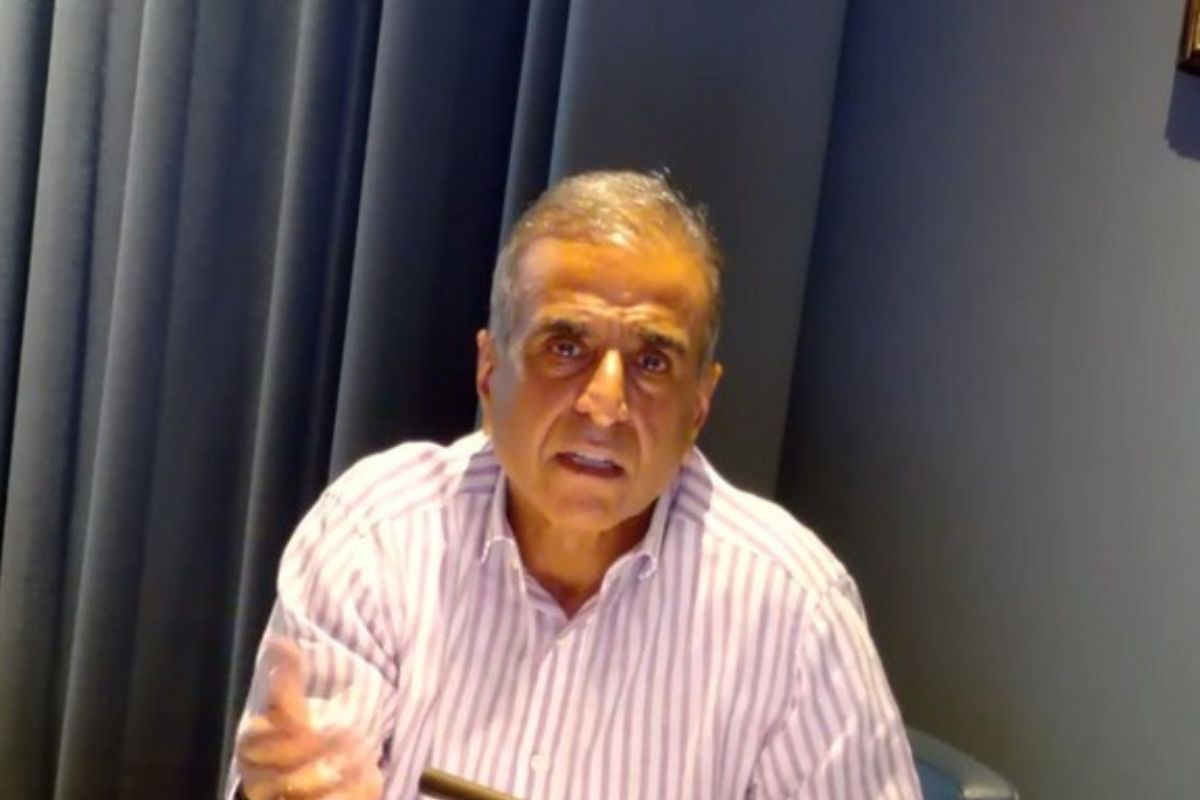India will play a big role in the launch of OneWeb’s satellite broadband services globally according to Sunil Bharti Mittal, the executive chairman of the Low Earth Orbit (LEO) satellite communications firm, which on Sunday launched 36 Internet satellites into space through India’s most powerful ISRO rocket.
“India has a big role to play in the launch of OneWeb’s services globally. Tens of thousands of user terminals would be required with the launch of our services, and India will become a real place to manufacture these terminals, especially with the given Chinese terminals that are unlikely to be accepted in most parts of the world,” Mittal said while speaking to reporters today. The telecom tycoon, and the Executive Chairman of OneWeb, was speaking after a Launch Vehicle Mark-3 (LVM3) rocket lifted off from India’s Satish Dhawan Space Centre in Andhra Pradesh’s Sriharikota carrying 36 OneWeb broadband satellites towards’ Low Earth Orbit (LEO). Bharti Enterprises serves as a major investor and shareholder in OneWeb.
Advertisement
The Indian Space Research Organisation (ISRO) announced that all 36 spacecraft had been deployed successfully to an orbit about 450 kilometers above Earth. With this launch the London-headquartered firm completed placing in orbit its first generation LEO constellation, which will enable it to launch its broadband from space services globally.
Meawhile, Mittal said that he is in discussion with space authorities to identify companies in India for manufacturing user terminals at a larger scale. “I’m in discussion with the space authorities in India to see which manufacturing companies in India can step up to start to manufacturing user terminals for OneWeb,” the LEO satellite firm’s executive chairman said.
Mittal further said, “Two OneWeb ground stations are being established in India including one in Tamil Nadu’s Madurai and in Gujarat’s Vadodara. Both the stations will be ready by June-July.”
“It will take about three months for us to place the satellites into their final orbit, and with July everything will be in place,” he added.
He further said , “I’m now testing and experience in flight connectivity of nearly 138mbps down-link and 25mbps up-link, which is likely over 4G cross plus or the real 5G speed. This up in the sky is available on aeroplanes, and it is going forward.”
“Three days back we demonstrated to the defence authorities a very small lightweight terminal, which one can carry in a backpack. It takes about three minutes to set up and gets connected to OneWeb’s network,” Mittal told reporters.
“We have also tested our terminals on ships, and they are working efficiently,” he added.
“OneWeb is currently operating in 15 countries, and many user cases are being established. Canada, Alaska, Greenland, and the UK are among them. Our number of studies and cases going on is over 145, and the commercial revenue is also in several millions of dollars in a month,” he claimed.
Mittal said that they are in the final stages of OneWeb’s merger with Paris-based Eutelsat, and it will resume the position as the co-chair, and become the single largest shareholder.
“We are waiting for the Indian space policy, which is in progress,” he added.
Mittal spoke on OneWeb’s satellite mission at length and shared about their plans of launching their services soon once the government’s space policy is introduced.
“Our tariffs will not be as low as they are in India. But we hope to match it with rates of mobile services rates offered in western countries,” Mittal said, on being asked about tariffs of OneWeb’s services.
Bharti-backed OneWeb, the Low Earth Orbit (LEO) satellite communications firm, on Sunday, confirmed the successful deployment and contact of 36 satellites launched by NewSpace India Limited (NSIL), – the ISRO’s commercial arm, from the Satish Dhawan Space Centre (SDSC-SHAR) in Andhra Pradesh’s Sriharikota.
Lift-off took place on Sunday at 9 am. OneWeb’s satellites separated successfully from the rocket and were dispensed in nine phases over a period of 1 hour and 14 minutes, with the signal acquisition on all 36 satellites confirmed.
With this, the total fleet of the in-orbit first-generation constellation of the London-based company has gone up to 618. These satellites are crucial for the company to be able to deliver broadband Internet coverage from space to any place on Earth.
This was OneWeb’s 18th launch, and third in this year, bringing the total of OneWeb’s constellation to 618 satellites. The satellite constellation will enable a global connectivity solution by the end of this year, as stated by officials of OneWeb.











